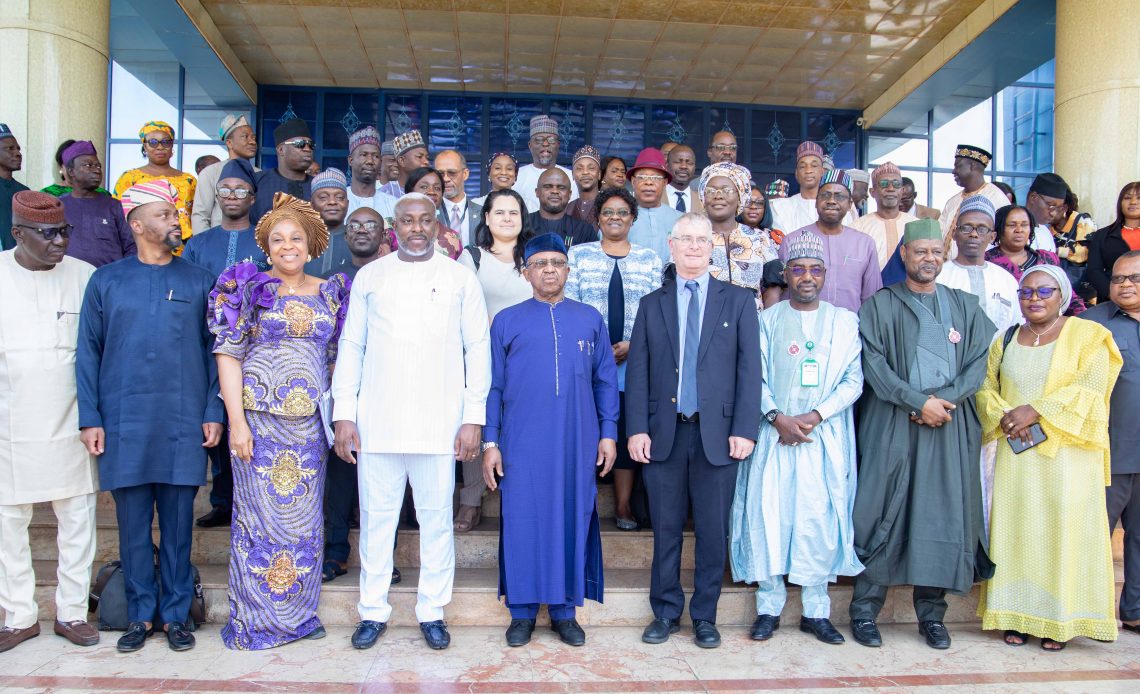Prior to the COVID-19 pandemic, the world was making progress toward achieving the 2030 Agenda for Sustainable Development. However, since the onset of the pandemic, the call for countries to build resilient health systems has taken on a new level of urgency. Countries can no longer afford to wait for events to occur before taking action to strengthen prevention and preparedness capacity, and health systems.
‘Building a Resilient and Sustainable Health System for Improved Health Outcomes and Universal Health Coverage (UHC)’ was the theme of the 63rd National Council on Health (NCH) meeting, convened by the Honourable Minister of Health in December 2022. The theme brings to mind the 58th NCH in 2016 where UHC and health security were also discussed. It may be necessary to review previous NCH meetings like this one to determine the extent to which the key issues discussed were addressed, as there may be lessons to be learned for this and future NCH meetings.
The following sub-themes were also discussed during the week-long event:
- Primary Health Care: The Road to Sustainable Health Care in Nigeria.
- Climate Change and Health: Deliberate Action Towards Safeguarding the Health of Nigerians.
- Preparing for the Next Pandemic: Strengthening Local Vaccines Manufacturing and Biologicals for Improved Outcomes.
- Building Essential Partnerships, Mobilising Resources and Investments for Improved Health Outcomes.
- Leveraging big Data & Nigeria’s Digitisation Agenda to improve Population Health and Harness Demographic Dividends; and
- NHIA Act: A Veritable Instrument for Health System Strengthening and Attainment of UHC
This was the final council meeting of President Muhammadu Buhari’s administration, so it called for deep reflection on how states had implemented the previous council resolutions aimed at improving the health outcomes of Nigerians.
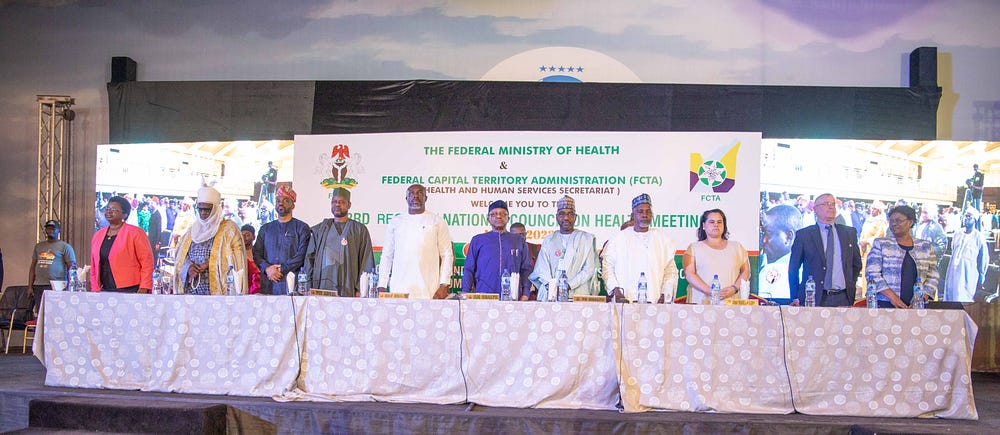
The NCH is the apex policy making body in the Nigerian health sector, bringing together leaders in the health sector such as Permanent Secretaries, Honourable Commissioners of Health, Heads of Parastatals and Directors to discuss health related issues. Other key stakeholders include members of the Legislatures, representatives of relevant MDAs, delegates from Development Organisations, Civil Society Organisations (CSOs), the Organised Private Sector, Health Professional Regulatory Bodies, Health Professional Associations, and Traditional Rulers.

The NCH was split into two sessions — technical and council meetings. The technical session chaired by Mahmuda Mamman, Permanent Secretary of the Federal Ministry of Health, reviewed sixty-two memoranda organised around the five strategic pillars of the National Strategic Health Development Plan (NSHDP II). Following extensive deliberation, fifteen memoranda were recommended for the council’s approval; thirty-three were noted; and fourteen were to be stepped down. During a technical presentation on the theme and subtheme of the event, the Permanent Secretary, Delta State Ministry of Environment, Asaba, Dr (Mrs) Minimim Oseji discussed Nigeria’s main health challenges and emphasised the need for the health system to be better strengthened to manage current and future public health emergencies.
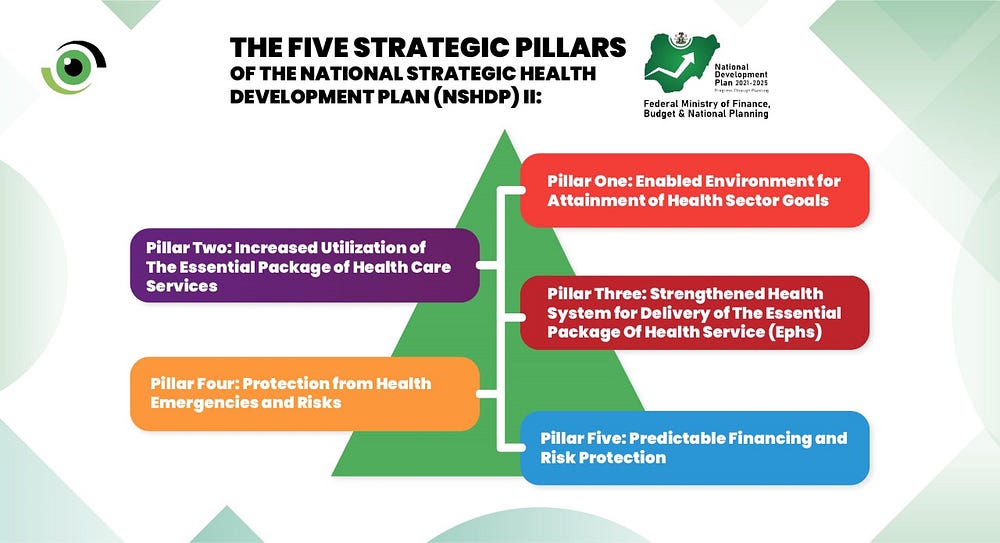
The impact of COVID-19 on the health system
Although the pandemic was contained in Nigeria, it clearly had an impact on healthcare delivery, highlighting the challenges of limited manpower and capacity, poor infrastructure, and insufficient equipment, particularly at the primary healthcare level. To address these issues, a resilient health system that can withstand future outbreaks is required. Members of the council contributed to ensuring sustainable investment in optimising primary health care and making it functional in order to deliver on its mandate, scaling up disease surveillance and progressing on local vaccine production.
Optimising Primary Health Care (PHC)
In 2022, multiple meetings were held to discuss ways to create a sustainable financing model for Nigeria’s PHC system. At the NCH, the discussion continued as stakeholders called for an increase in the Basic Health Care Provision Fund (BHCPF) allocation from 1% to 2%. The Honourable Minister of Health reported that about 101 billion naira was received in October 2022 and disbursed to over 7,600 primary healthcare facilities across the country. This funding along with other innovative funding mechanisms is expected to boost the number and quality of healthcare workers, upgrade facilities and infrastructure, modernise information, data management and technology systems and prioritise community participation, transparency and accountability to all stakeholders. As a result, it is critical for civil society organisations and community leaders to ensure that these funds are used effectively and efficiently.
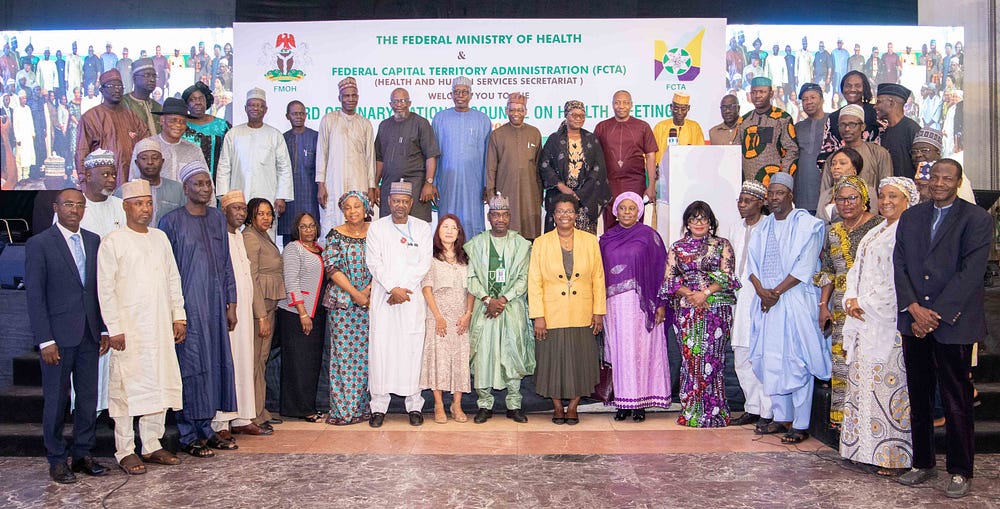
Enhancing disease surveillance
In a presentation, the Honourable Commissioner for Health of Ondo State, Dr Banji Awolowo Ajaka stated that the state improved its Integrated Disease Surveillance and Response (IDSR) system by deploying scientific officers as designated surveillance focal persons. According to the Centres for Disease Control and Prevention (CDC), the ‘IDSR system is a veritable framework that makes surveillance and laboratory data more usable, helping public health managers and decision-makers improve detection and response to the leading causes of illness, death, and disability in African countries.’ The successful implementation of this system would require the deployment of a skilled and trained workforce. Therefore, the effort of the Ondo State government is a commendable approach and would help in addressing the issue of manpower shortage in disease surveillance and should be emulated by other states.
Advancing local vaccine production
The official announcement that Nigeria had achieved World Health Organization (WHO) global benchmarking maturity level 3 (ML3) caused a great deal of excitement. It is a significant milestone for Nigeria because it means that the WHO has certified NAFDAC as a reliable regulatory body capable of certifying both foreign and locally produced vaccines and medicines for use in Nigeria. Having attained the maturity level 3, it is critical for Nigeria to begin to reconsider local manufacturing of vaccines in order to combat disease outbreaks. In addition to South Africa’s existing capacity, the country can serve as a vaccine production hub.
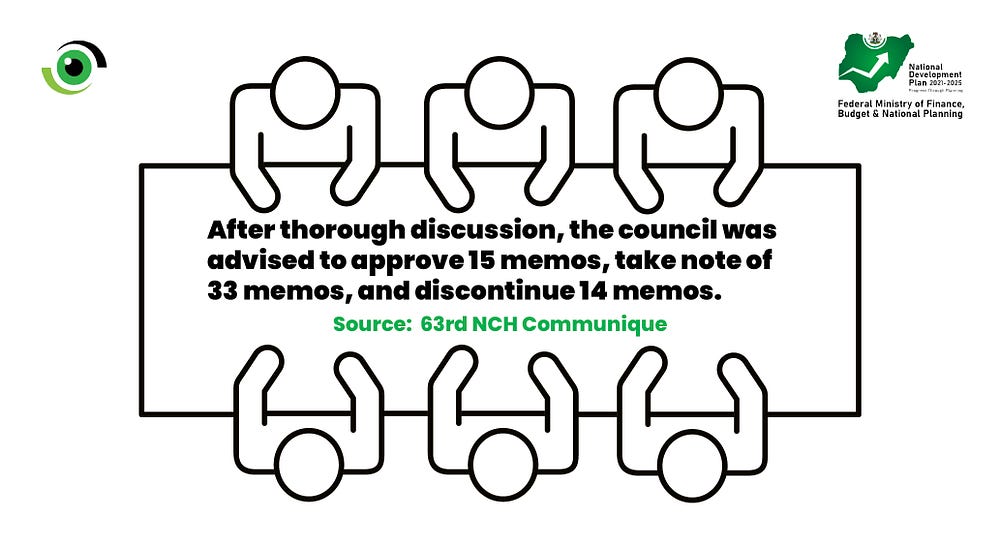
Every year, the NCH approves excellent policies aimed at bringing the health sector closer to achieving UHC. The 63rd NCH approved over 30 memoranda, all of which will be implemented at both the federal and state levels. The Honourable Minister must prioritise the implementation of these approved policies in order to meet 2023 national health targets. Their implementation should be fast tracked if Nigeria must build a resilient and sustainable health system that will drive the achievement of UHC and ensure that all Nigerians are protected from emerging and re-emerging health security threats.


